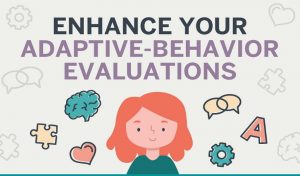Divorce & Mental Health

Mental health is often regarded as something that mad people have or only as the more serious conditions like bipolar or schizophrenia.
All of us have mental health though, just as we have physical health and for the most part, we are fine, however, on occasion, things in life can happen including divorce which can cause us to suffer with our mental health. It can then have a negative impact on many other areas of life.

Divorce & Mental Health
It comes as no surprise that divorce has lasting detrimental effects on mental health. Research in 2014 showed that more than half of those going through divorce or separation have mental pressure levels high enough to put them at risk of depression and the average recovery time is two years. Divorce is said to be the second most experience traumatic life event after bereavement but, despite this, the average recovery time is longer. With mourning, someone will usually find a united front of family and friends who offer support, whereas if you are divorcing or separating, family and friends can sometimes take sides and the people who you think might offer support are not willing to do so.
Feeling low and depressed during a divorce or separation is an understandable feeling. People can also feel angry, hurt and worried and go through similar patterns of emotion to mourning. People lose their life partner, but also may lose their homes, their financial safety net, as well as kids and pets as well. Next to be endured is to go through a conflict with someone who they have loved and lost and may have to learn to be a single parent and to run their own home.
If you are going through a divorce or separation, specialist solicitors can be there to help you. For a trusted Gloucester Solicitor, visit a site like deeandgriffin.co.uk/

Most will only go through a divorce once and it is a scary leap into the unknown, not knowing how to handle all the paperwork and trying to sort out the financial settlement, in addition to learning how live their own again. This can be a very difficult and lonely time. Good-intentioned friends and family may make suggestions that are not right for your situation or offer help which can cause more anxiety and pressure on your mental health. While the legal advice will not stop the negative impact on your mental health, having the best advice can help. You will need the right information and the right decisions will come from receiving good advice. Seeking medical support from a doctor or counsellor may also help. It is good to remember that it is okay to ask for help.



